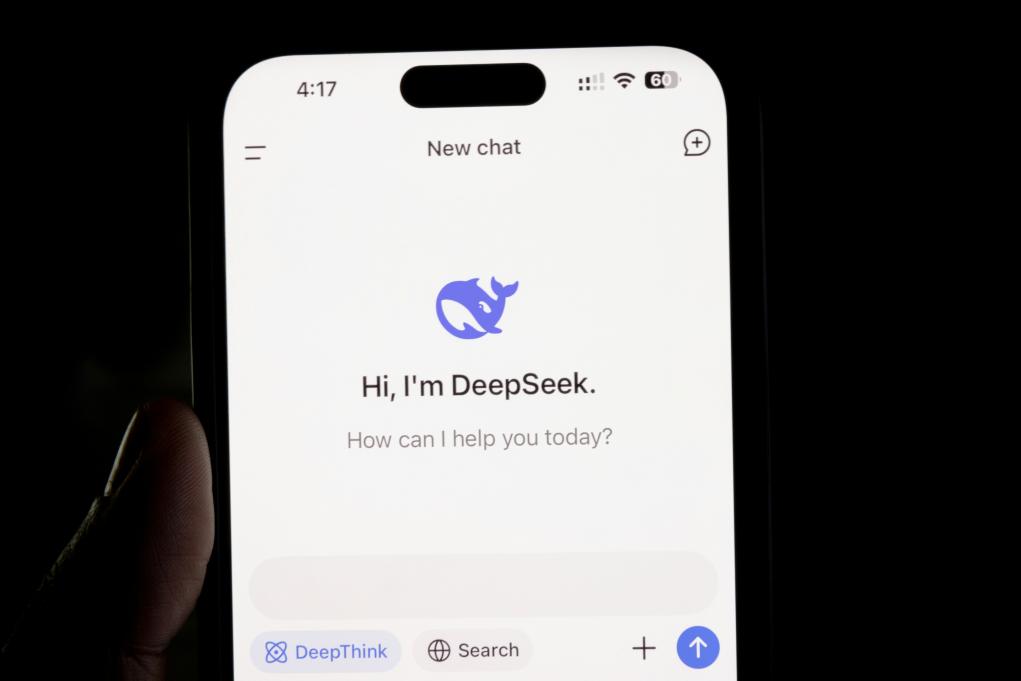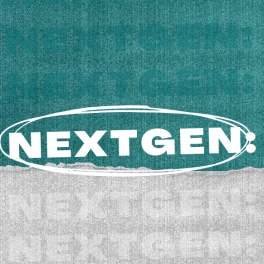
On 20th January, while America was busy inaugurating the new President (and unbanning TikTok), a lab in China called DeepSeek made significant waves in the tech world. They released a newer model of their AI called R1. By now, I am sure you have heard a lot about it, but what remains to be seen is its full impact on the global AI landscape, tech-dominant companies, and humanity.
Why is DeepSeek’s latest model such a big deal? This new model matches OpenAI’s GPT-4 in many tasks and uses an efficient “mixture of experts” (MoE) design to reduce computing costs. While DeepSeek reported a low training cost of about $5.6 million, experts say total development, including research and infrastructure, likely runs into hundreds of millions or more. Still, MoE helps make the model more resource-efficient compared to traditional billion-dollar projects. Additionally, DeepSeek’s R1 is fully open source, offering free access to developers to use, modify, and customize the AI.
But why make such a big deal out of it? China made an AI, hurrah! Good for them. Why should we care? OpenAI’s GPT-4 introduced advanced reasoning capabilities but has access controls and subscription fees, costing roughly $20 per month for some users (or more depending on use). DeepSeek’s open approach contrasts sharply by providing powerful AI tools freely, prompting questions about how much AI truly costs and who gets to benefit from it. The open availability of R1 has spurred excitement and concern in AI circles, with companies like Alibaba announcing next-generation models and some tensions around intellectual property claims emerging.
This whole drama also impacted financial markets. Investors reacted to DeepSeek’s breakthrough by reevaluating American tech giants, especially those that supply AI hardware, leading to significant stock price drops for companies like Nvidia, Broadcom, and Oracle. Nvidia’s market cap took a massive hit, dropping about $589 billion in just one day. That’s one of the biggest single-day losses ever. Investors were obviously worried that DeepSeek’s cheaper AI could reduce demand for expensive AI chips.
Still, what does this mean to us, who have nothing to do with Nvidia stocks or Tech-Giant investors? Well, to us, it means free and unlimited access to powerful AI tools. It can complete basic tasks such as homework help, coding assistance, and answering questions. It can help you understand Pythagoras' theorem, make an intro for your YouTube channel, or create a TikTok script. Using interfaces like HuggingFace, you don’t even need to code anymore; just type what you want, and it will generate the code.
Perhaps the coolest function it has to offer is the deep think mode, which is just a name for its advanced chain-of-thought reasoning process. Instead of just spitting out information, it undergoes a thinking period, looking at the prompt from all aspects, trying to understand what the user really wants. This means that instead of running on a trial-and-error system like typical chatbots, it goes through a chain of thought and tries to reason with itself…almost like a human. It even has its own “eureka moment” when it finds a unique way to tackle a situation, which, till now, seemed impossible for AI.
What does this mean for the future: yours, and AI’s? As far as AI is concerned, it is undergoing a breakthrough and is most likely going to keep on advancing in this decade and the next. Open-source AI models, like DeepSeek, make these technologies available to more people, letting communities and individuals adapt AI to their own needs and values. But at the same time, there are major risks if the technology isn’t used responsibly, or if it lands in the hands of bad actors. Another layer of complexity comes from data privacy and governance. Given that DeepSeek originates from China, it raises concerns about how user data might be accessed or controlled by the Chinese government. We need thoughtful rules and guidelines to make sure the benefits are shared and the harms are minimized.
When it comes to humans, though, things get complicated. I do worry that soon AI will become powerful enough to take over most jobs, leaving only labor, and defense behind, and in the next decade or so, those too will be taken over. This is especially concerning to me as someone who still has my whole life of work ahead of me. If we let technology do all the thinking, do we risk losing creativity and critical thinking? Are we really ready for that? AI can make life easier, but it’s up to us to decide how much we let it shape our future, and what we’re willing to give up in return.
Support Young Creators Like This One!
VoiceBox is a platform built to help young creators thrive. We believe that sharing thoughtful, high-quality content deserves pay even if your audience isn’t 100,000 strong.
But here's the thing: while you enjoy free content, our young contributors from all over the world are fairly compensated for their work. To keep this up, we need your help.
Will you join our community of supporters?
Your donation, no matter the size, makes a real difference. It allows us to:
- Compensate young creators for their work
- Maintain a safe, ad-free environment
- Continue providing high-quality, free content, including research reports and insights into youth issues
- Highlight youth voices and unique perspectives from cultures around the world
Your generosity fuels our mission! By supporting VoiceBox, you are directly supporting young people and showing that you value what they have to say.





